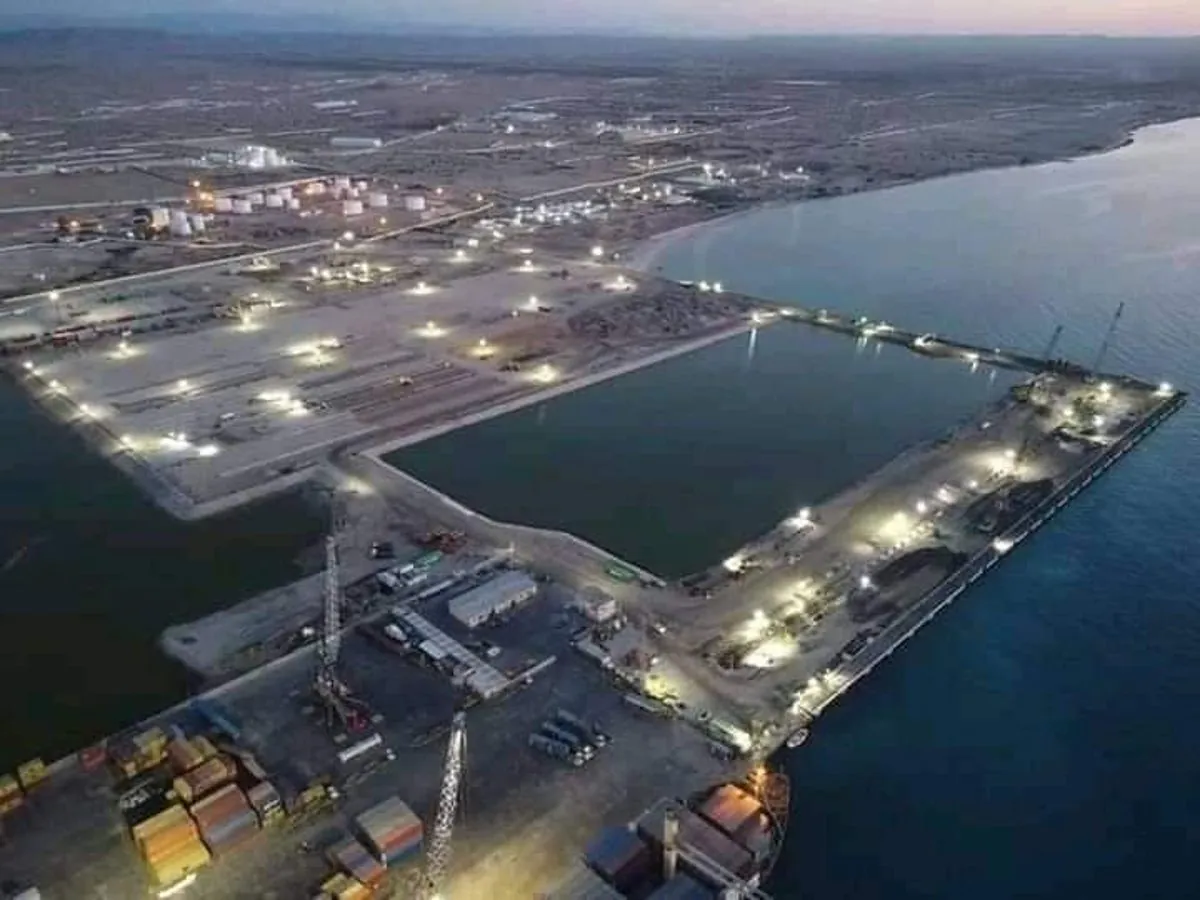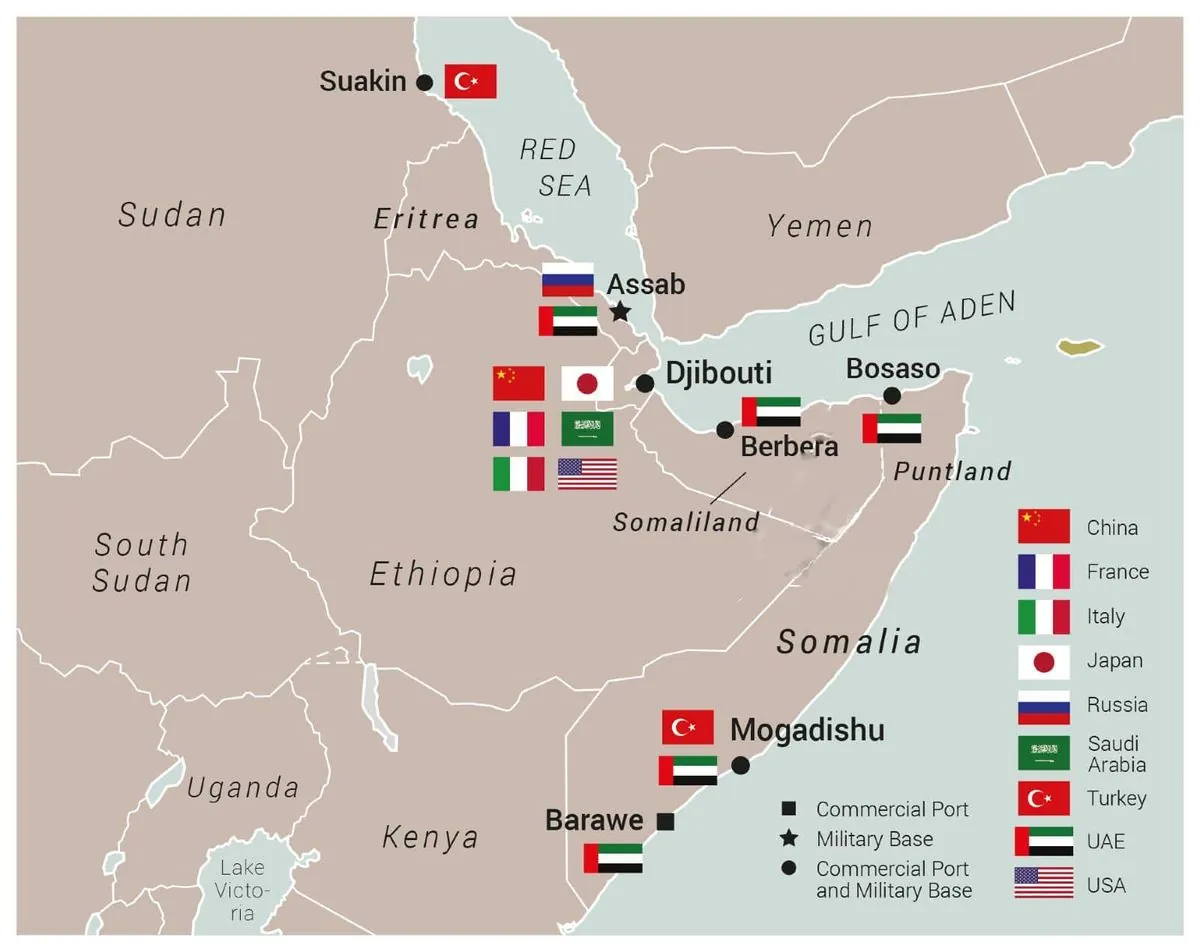Egypt Bolsters Somalia with Weapons Amid Regional Tensions
Egypt delivers second major arms cache to Somalia, intensifying regional rivalries. The move highlights growing Egypt-Somalia alliance against Ethiopia, fueled by Nile dam and Somaliland disputes.

An Egyptian naval vessel has delivered a substantial weapons shipment to Somalia, marking the second such transfer this year. This development underscores the deepening alliance between Cairo and Mogadishu, rooted in their shared concerns regarding Ethiopia's regional activities.
The delivery, which occurred on September 22, 2024, included anti-aircraft guns and artillery, according to port and military officials. This arms transfer follows a joint security agreement signed between Egypt and Somalia in August 2024, reflecting their growing strategic partnership.
The strengthening ties between Egypt and Somalia are largely attributed to their mutual apprehension towards Ethiopia. This alliance has been further solidified by Ethiopia's preliminary agreement with Somaliland in January 2024, which proposed leasing land for a port in exchange for potential recognition of Somaliland's independence from Somalia.

"We view the deal between Ethiopia and Somaliland as an assault on our sovereignty. Unless Addis Ababa rescinds this agreement, we expect all Ethiopian troops to depart by the end of 2024."
The situation is further complicated by the ongoing dispute between Egypt and Ethiopia over the Grand Ethiopian Renaissance Dam on the Blue Nile. Egypt, which relies on the Nile for about 97% of its irrigation and drinking water, has expressed strong opposition to the dam's construction, fearing it could significantly reduce its water supply.
The weapons delivery was conducted under tight security measures. Local authorities cordoned off the quayside and surrounding roads as convoys transported the armaments to defense ministry facilities and nearby military bases.
Currently, Ethiopia maintains a significant military presence in Somalia, with at least 3,000 soldiers participating in the African Union peacekeeping mission (ATMIS) and an estimated 5,000-7,000 troops deployed under a bilateral agreement. However, Somalia's stance on these troops has hardened in light of recent developments.
In a related development, the African Union announced in July 2024 that Egypt had offered to contribute troops to a new peacekeeping mission in Somalia. This offer, if realized, could potentially alter the balance of foreign military presence in the country.
The ongoing situation reflects the complex geopolitical dynamics in the Horn of Africa. Somalia, with the longest coastline in mainland Africa stretching 3,333 km, holds strategic importance in the region. Meanwhile, Ethiopia, as the most populous landlocked country globally, seeks access to maritime trade routes.
As tensions escalate, the international community watches closely. The region's stability hangs in the balance, with potential implications for maritime security in the Gulf of Aden and the broader East African geopolitical landscape.

The unfolding events highlight the intricate interplay of historical alliances, resource disputes, and territorial claims in the Horn of Africa. As Egypt bolsters its support for Somalia, and Ethiopia pursues its strategic interests, the region faces a delicate diplomatic challenge in maintaining peace and fostering cooperation among neighboring states.


































